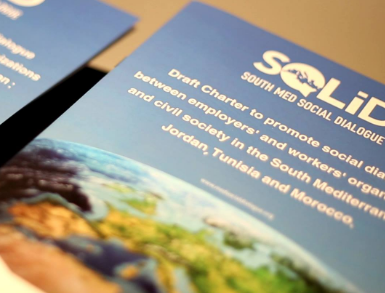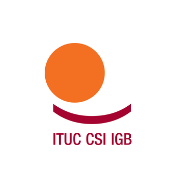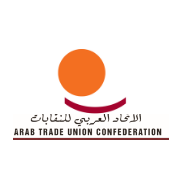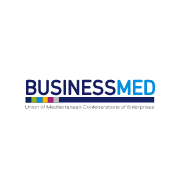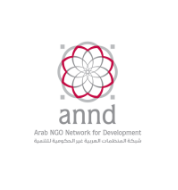About SOLID
The major political changes which occurred in 2011 and mainly had impact on the South Mediterranean neighborhood, showed the limits of the economic and social policies followed so far and made more obvious the urgent need of institutional reforms.
It is within this framework that the pilot project for the promotion of social dialogue in the Southern Mediterranean neighborhood has been launched in 3 countries (Morocco, Tunisia and Jordan), and which could extend to other UfM partner countries.
SOLiD-South Mediterranean Social Dialogue is a three years programme (2016-2019), with a €3.750 million budget, 80% of which is financed by the European Union and 20% by the International Trade Union Confederation. It is coordinated by a consortium which consists of 9 members: ATUC (Arab Trade Union Confederation), BusinessMed (Union of Mediterranean Confederation of Enterprises), ANND (Arab NGO Network for Development), ISCOS (Italian Union Institute for Cooperation and Development), Progetto SUD, AIP (Portugal Industry Association), SOLIDAR, CNT Belgium (National Labor Council) and CES Morocco (Economic and Social Council).

3 Years (2016-2019)
Representatives of the co-applicants meet twice a year to assess progress and suggest key orientations to the Project Secretariat
Experts in Social Dialogue meeting twice a year to provide the ExCom members with suggestions regarding the content of the activities
Project team in charge of Executing of the action plan and the budget, as well as reporting to the Executive Committee
Target Beneficiaries
Coverage
The project covers 3 Southern Mediterranean countries (Morocco, Tunisia and Jordan), and could extend to other UfM partner countries.
Instruments
The activities that will be deployed to achieve the project's objective will essentially revolve around 6 different types of instruments:
Expected results and outcomes
Objectives
The ultimate goal of SOLiD is to develop the capacity of Trade Unions and their homologues of Employers’ Associations in Tunisia, Jordan and Morocco, in order to promote a dynamic, inclusive and reinforced institutionalized social dialogue and consultations with the broader civil society.
Taking into consideration the complexity of the social dialogue process, the following specific objectives have been set:
Create and improve an enabling environment for social dialogue between the social partners.
Promote civic and multipartite dialogue with civil society organizations and regional and local authorities.
Promote a community of practice by identifying and sharing innovative tools and models of effective social dialogue.
EXPECTED RESULTS
A better understanding of the economic and social situation in the targeted countries and of the mechanisms of social dialogue, and a higher knowledge on tools and modalities for improving and institutionalizing social dialogue, through an enhanced cooperation between the social partners.
An enhanced exchange and a mutual learning of the relevant stakeholders.
Promoted policies for social dialogue and exchange of best practices, in the region, and further developed at EU-Southern Mediterranean level.
Phases
This phase is dedicated to the diagnosis of the existing social dialogue institutions and structures, the existing collective bargaining agreements but also the involved stakeholders in the targeted countries. The study will also look into the political, social and economic backgrounds in the targeted countries, providing additional insights to the social dialogue environment. A deep dive into the stakeholders’ functioning and reputation will be realized through initial and final surveys, ensuring an impartial and efficient assessment of the project’s impact. Several national and regional capacity building workshops involving social partners will be also planned during this phase.
This phase should mark the beginning of concrete practicing of social dialogue through bipartite, tripartite and multipartite discussions between the several stakeholders, as part of the numerous activities such as seminars, workshops, exchanges and study visits. The efficiency of this phase’s outcomes will undeniably depend on the accuracy of the first phase’s conclusions.
The final phase should be the product of numerous bipartite consultations (Employers and Workers) and would capitalize on the conclusions, results and the technical literature provided by the two first phases, leading to a wider agenda, i.e. a regional and Euro-Mediterranean perspective. The main findings and recommendations will be presented at 2 conferences. The first conference’s outcome should be a common policy declaration reuniting the stakeholders, which would illustrate a united vision on principles and good practices of social dialogue in the region. The second conference should lead to the creation of a “South Med Social Dialogue Charter” or “SOLiD Charter”, focusing on the promotion of a Euro-Mediterranean community of practice on social dialogue, clearing the path for further work on social dialogue policies and practices in the Southern Mediterranean region.










